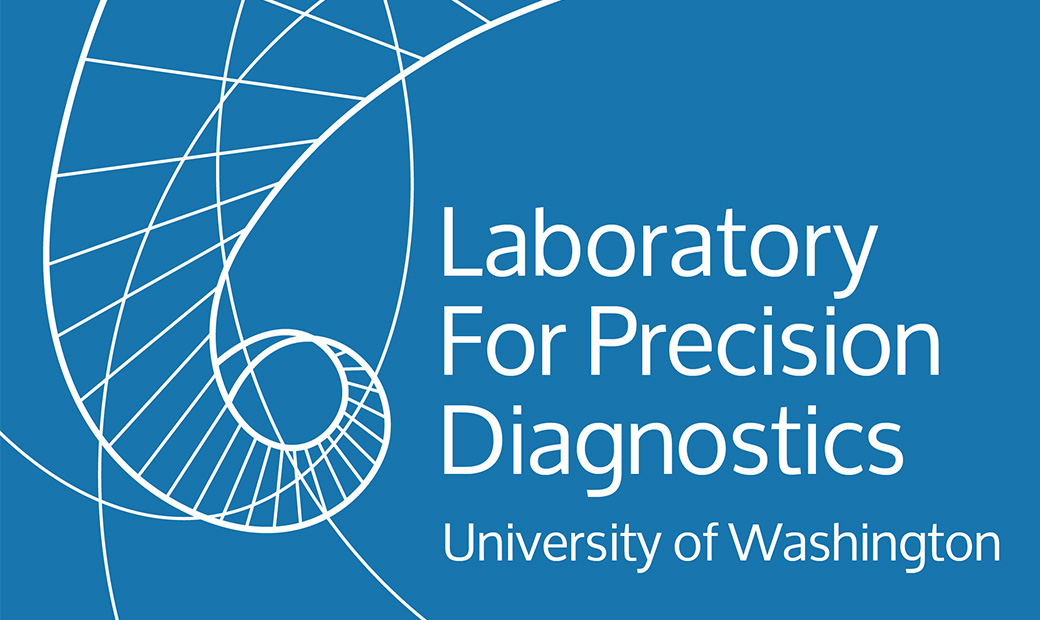The Linkeropathies (also called Complex EDS-like disorders) are a group of disorders that result from inherited defects in the synthesis and modification of glycosaminoglycan. The CDL offers a 7 gene panel for autosomal recessive forms of Ehlers-Danlos Syndrome (EDS) that are associated with these defects. Disorders include: progeroid Ehlers-Danlos Syndrome (EDS) (B3GALT6), EDS with short stature and limb anomalies (B4GALT7), musculocontracural-type EDS (CHST14), EDS-like connective tissue disorder (B3GAT3), spondyloepiphyseal dysplasia (CHST3), Desbuquois dysplasia (XYLT1), and spondoocular syndrome (XYLT2). This panel is recommended for individuals with possible autosomal recessive conditions whose clinical features are similar to these disorders.
OI and Genetic Bone Disorders Panel
The Collagen Diagnostic Laboratory offers a comprehensive Osteogenesis Imperfecta (OI) and Genetic Bone Disorder panel of 42 genes. The OI and Genetic Bone Disorders panel includes 4 genes associated with autosomal dominant forms of OI, COL1A1, COL1A2, IFITM5 and PLS3, and 13 genes associated with autosomal recessive forms of OI and hypophosphatasia, FKBP10, CRTAP, P3H1/LEPRE1, PPIB, SERPINH1, SP7/OSX, SERPINF1, PLOD2, ALPL, BMP1, TMEM38B, WNT1 and CREB3L1. It also includes testing for hypophosphatasia, x-linked osteoporosis, bone mineralization disorders, and other skeletal dysplasias (see complete list on test requisition form).
This panel may be done in a tiered manner, with the dominant genes tested first and the remaining genes only tested if the dominant genes were normal (please indicate this on the test requisition form). Over 95% of OI phenotypes result from a single dominant mutation in either COL1A1 or COL1A2, the two genes that encode the chains of type I procollagen, so this test is always recommended as a first step in testing individuals with a clinical diagnosis of OI.
When considering recessive forms of OI or other bone disorders, consultation with the laboratory genetic counselors or laboratory director is recommended as clinical and family history and x-ray review may be needed. Occasionally new candidate genes for recessive form of OI will be included as part of the panel; there is no additional charge for testing of these genes.
For guidelines on the correct test to order and for pertinent references, consult the Osteogenesis Imperfecta Test Guide.
